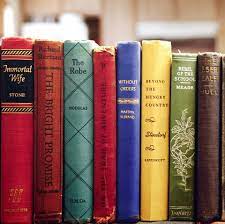My first experience of Mieko Kawakami’s writing, a novelist and poet from Osaka. Very impressive talented prose! The first half of the novel is a fascinating in-depth description of excruciating loneliness.
A socially awkward Fuyuko, the protagonist, a proofreader by profession, finds it extremely hard to communicate with people. She discovers that having a drink helps. Slightly ironic and hurtfully honest, the narrative progresses through the daily ordeals of being alone. Proofreading becomes a metaphor for a specific attitude to life – reading without really getting into the content of the book but just looking for the errors in it… Another topic that is developed intricately to reach metaphorical power is the physical aspect of light and color. Kawakami’s descriptions of the mundane sometimes reach Knausgaardian dimensions.
The “female condition” is represented in several well-written scenes – the protagonist examining the shelves of a modern bookstore self-help section, her first sexual experience, her conversations with two female friends – the “happily married with children” one, and the “sleeping around fashionista.” Kawakami is not interested in making judgments, she is recording the female tragi-comedy in a cool incisive style.
The second half of the novel, with the appearance of a love interest, is more banal as a story because it is seasoned with the hope of happiness for the main character. And the hope of happiness takes a trivial form, promising the reader an American rom-com finale. But no, Kawakami is not providing one. An appropriate ending for a novel like this is finding strength to triumph over disappointment.
